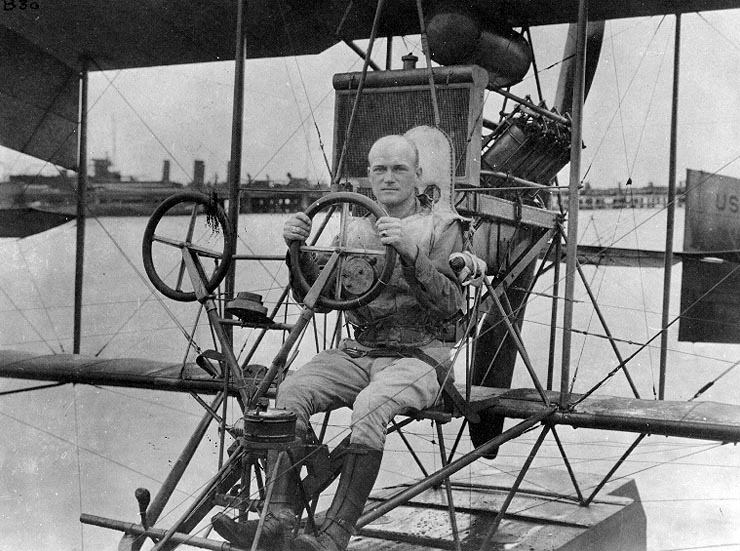The Penguin blog has a Nicholas Carr essay about modern navigation devices and the effect they have on the “maps” in our brains, “Welcome to Nowheresville,” which is adapted from a piece of his most recent book, The Glass Cage. Carr is one of those blessed thinkers I always enjoy reading whether I agree with him or not. I don’t necessarily share his concerns about how GPS is redefining what it is to be human (we’ve always been and always will be fluidly defined) or “skill fade” causing transportation fatalities (the net number of such deaths will likely decline as travel becomes more autonomous), but it’s certainly worth considering the unknown neurological consequences of offloading our piloting skills. Are we unwittingly creating a new mismatch disease? An excerpt:
A loss of navigational acumen can have dire consequences for airline pilots and lorry drivers. Most of us, in our daily routines of driving and walking and otherwise getting around, are unlikely to find ourselves in such perilous spots. Which raises the obvious question: Who cares? As long as we arrive at our destination, does it really matter whether we maintain our navigational sense or offload it to a machine? Those of us living in lands crisscrossed by well marked roads and furnished with gas stations, motels, and 7-Elevens long ago lost both the custom of and the capacity for prodigious feats of wayfinding. Our ability to perceive and interpret topography, especially in its natural state, is already much reduced. Paring it away further, or dispensing with it altogether, doesn’t seem like such a big deal, particularly if in exchange we get an easier go of it.
But while we may no longer have much of a cultural stake in the conservation of our navigational prowess, we still have a personal stake in it. We are, after all, creatures of the earth. We’re not abstract dots proceeding along thin blue lines on computer screens. We’re real beings in real bodies in real places. Getting to know a place takes effort, but it ends in fulfillment and in knowledge. It provides a sense of personal accomplishment and autonomy, and it also provides a sense of belonging, a feeling of being at home in a place rather than passing through it. …
The harder people work at building cognitive maps of space, the stronger their underlying memory circuits seem to become. They can actually grow grey matter in the hippocampus—a phenomenon documented in cab drivers—in a way that’s analogous to the building of muscle mass through physical exertion.
But when they simply follow turn-by-turn instructions in “a robotic fashion,” Bohbot warns, they don’t “stimulate their hippocampus” and as a result may leave themselves more susceptible to memory loss. Bohbot worries that, should the hippocampus begin to atrophy from a lack of use in navigation, the result could be a general loss of memory and a growing risk of dementia. “Society is geared in many ways toward shrinking the hippocampus,” she told an interviewer. “In the next twenty years, I think we’re going to see dementia occurring earlier and earlier.”•
Tags: Nicholas Carr

